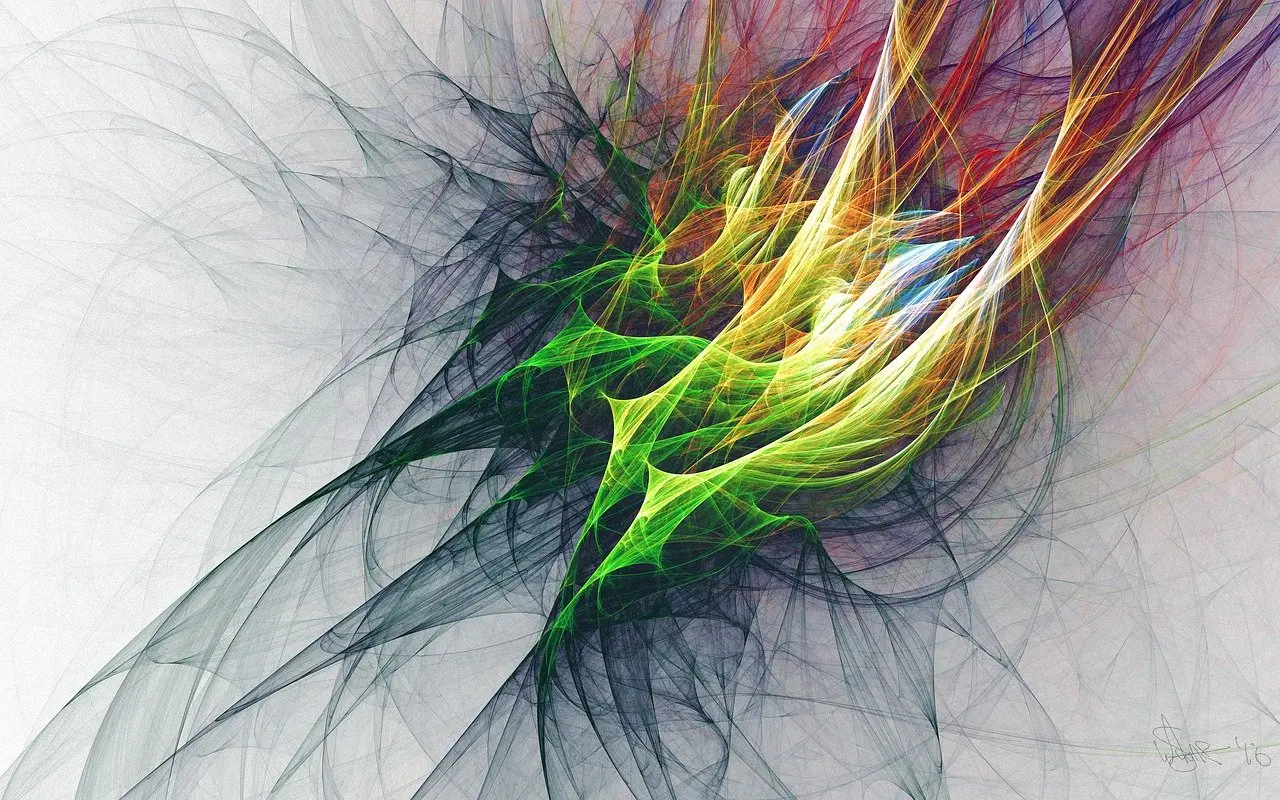Shang Dynasty Spirits: Ancient Chinese Spiritual Heritage

Looking for more amazing products? Check out our online store and explore our collection here! Happy shopping!
Before diving in, please note: This post is for informational purposes only. If you’d like to know more about how we approach topics, feel free to check out our friendly Disclaimer Page.
Hey there, amazing readers! 
We’re committed to delivering quality posts, and your support (even just sticking around despite the ads) means everything to us. So, bear with us, and thanks for helping us keep the good vibes rolling. Now, on to the fun stuff!
TRANSLATE BUTTON AT THE END OF THE ARTICLE
Shang Dynasty Spirits: Ancient Chinese Spiritual Heritage
Overview:
The Shang Dynasty, which ruled ancient China from approximately 1600 to 1046 BCE, left behind a rich and fascinating spiritual heritage.
The dynasty’s spiritual beliefs and practices played a significant role in the lives of its people, shaping their worldview and daily rituals.
From ancestor worship to the worship of gods and deities, the Shang Dynasty’s spiritual practices were deeply ingrained in their culture and society.
This article aims to explore the spiritual beliefs and practices of the Shang Dynasty, shedding light on their understanding of the spiritual realm and the important role it played in their lives.
Introduction to the Shang Dynasty:
The Shang Dynasty was one of the earliest dynasties in Chinese history, known for its advancements in bronze casting, oracle bone inscriptions, and complex social structure.
It emerged in the Yellow River Valley and established its capital in Anyang, in present-day Henan Province.
The Shang Dynasty ruled over a vast territory and had a highly centralized government.
The rulers, known as kings, held both political and religious power, making the spiritual aspect of their rule an integral part of their reign.
Understanding the Spiritual Beliefs of the Shang Dynasty:
The spiritual beliefs of the Shang Dynasty were centered around the concept of ancestral worship and the existence of numerous gods and deities.
They believed that the spirits of their ancestors played a vital role in their daily lives and could influence their fortunes.
Additionally, they worshipped a pantheon of gods and deities, seeking their favor and protection.
The belief in the supernatural and the spiritual realm was deeply ingrained in the Shang Dynasty’s worldview, influencing their rituals and ceremonies.
Role of Ancestors in Shang Dynasty Spirituality:
Ancestor worship held great significance in the spiritual practices of the Shang Dynasty.
They believed that their deceased ancestors continued to exist in the spiritual realm, and honoring them was crucial for maintaining harmony and prosperity in the earthly realm.
The Shang Dynasty rulers, as the intermediaries between the mortal realm and the spiritual realm, performed elaborate rituals to venerate their ancestors.
These rituals often involved offerings of food, wine, and other goods, as well as prayers for blessings and guidance.
Worshiping Gods and Deities in the Shang Dynasty:
In addition to ancestral worship, the Shang Dynasty worshipped a wide range of gods and deities.
They believed that these higher beings had power over various aspects of life, including agriculture, weather, and warfare.
The Shang people sought the favor of these gods through rituals and offerings, hoping to receive blessings and protection.
Some of the prominent gods worshipped during the Shang Dynasty included Shangdi (the supreme god), Di Jun (the god of earth), and Chang’e (the moon goddess).
Rituals and Ceremonies: The Heart of Shang Dynasty Spirituality:
Rituals and ceremonies were at the core of Shang Dynasty spirituality.
These practices, performed by the ruling class and religious specialists, aimed to establish a connection between the mortal realm and the spiritual realm.
The rituals were highly formalized and followed a specific set of procedures.
They often involved sacrifices, music, dance, and divination.
These ceremonies were not only religious in nature but also had a political significance, reinforcing the authority and legitimacy of the ruling class.
Oracle Bone Inscriptions: Insights into Shang Dynasty Spirits:
One of the most remarkable aspects of the Shang Dynasty’s spiritual heritage is the use of oracle bone inscriptions.
Oracle bones were primarily the shells and bones of animals, often turtle shells, used by the Shang Dynasty rulers to seek divine guidance and communicate with the spirits.
The bones were inscribed with questions, and then heated, causing cracks.
The diviners interpreted the cracks to provide answers from the spirits.
Explore the Path to Spirituality and Enlightenment – Start Here.
These inscriptions offer invaluable insights into the spiritual beliefs, rituals, and even historical events of the Shang Dynasty.
Sacred Objects and Symbols in Shang Dynasty Spiritual Practices:
Sacred objects and symbols held great significance in Shang Dynasty spiritual practices.
Bronze vessels, such as ritual wine vessels and food containers, were considered sacred and were used in sacrificial ceremonies.
The depiction of animals, such as dragons and birds, was also common on these objects, symbolizing the connection between the earthly and spiritual realms.
Jade, an important material in Shang Dynasty culture, was believed to possess spiritual properties and was often buried with the deceased to protect and guide them in the afterlife.
Divination: Seeking Guidance from the Shang Dynasty Spirits:
Divination played a crucial role in Shang Dynasty spirituality, offering a means to seek guidance from the spiritual realm.
The diviners, often the ruling class or specialized priests, used various methods to interpret signs and symbols believed to be messages from the spirits.
Apart from oracle bone inscriptions, divination methods included the interpretation of cracks on heated tortoise shells, scapulimancy (divination using animal shoulder blades), and various forms of divination using milfoil stalks.
Divination was conducted before important decisions, such as battles or agricultural activities, to gain insight into the spirit’s will.
Shamanism: The Spiritual Intermediaries of the Shang Dynasty:
Shamanism played a significant role in Shang Dynasty spirituality.
Shamans, also known as Wu, were believed to have the ability to communicate with the spirits and act as intermediaries between the mortal world and the spiritual realm.
They were skilled in divination, healing, and performing rituals.
Shamans had a crucial role in the royal court and were consulted for guidance and protection.
They were often included in important ceremonies and were highly respected for their spiritual abilities.
Legacy of Shang Dynasty Spirits in Modern Chinese Culture:
The spiritual heritage of the Shang Dynasty continues to influence modern Chinese culture.
Ancestor worship remains an essential aspect of Chinese society, with families paying respects to their deceased relatives during important festivals, such as the Tomb Sweeping Day.
Additionally, the belief in gods and deities is still prevalent, with temples dedicated to various gods found throughout China.
The practices and rituals of the Shang Dynasty have left an indelible mark on Chinese culture, reflecting the deep-rooted spiritual traditions that continue to be cherished.
Preserving and Studying Shang Dynasty Spiritual Heritage:
Efforts have been made to preserve and study the spiritual heritage of the Shang Dynasty.
Archaeological excavations have uncovered numerous artifacts, inscriptions, and burial sites, shedding light on their spiritual practices.
Museums and cultural institutions have played a crucial role in showcasing and educating the public about the spiritual heritage of the Shang Dynasty.
Academic research and studies have also contributed to a deeper understanding of their beliefs and practices, helping to preserve this invaluable cultural legacy for future generations.
Conclusion: Shang Dynasty Spirits – An Invaluable Cultural Legacy:
The spiritual heritage of the Shang Dynasty provides a fascinating insight into ancient Chinese beliefs and practices.
From ancestor worship to the worship of gods and deities, the Shang Dynasty’s spirituality was deeply ingrained in their culture and society.
Through elaborate rituals, divination, and the use of sacred objects, they sought guidance, blessings, and protection from the spirits.
The legacy of the Shang Dynasty spirits continues to shape modern Chinese culture, reminding us of the rich and diverse spiritual traditions that have endured throughout history.

The Enlightenment Journey is a remarkable collection of writings authored by a distinguished group of experts in the fields of spirituality, new age, and esoteric knowledge.
This anthology features a diverse assembly of well-experienced authors who bring their profound insights and credible perspectives to the forefront.
Each contributor possesses a wealth of knowledge and wisdom, making them authorities in their respective domains.
Together, they offer readers a transformative journey into the realms of spiritual growth, self-discovery, and esoteric enlightenment.
The Enlightenment Journey is a testament to the collective expertise of these luminaries, providing readers with a rich tapestry of ideas and information to illuminate their spiritual path.
Our Diverse Expertise
While our primary focus is on spirituality and esotericism, we are equally passionate about exploring a wide range of other topics and niches 

To ensure we provide the most accurate and valuable insights, we collaborate with trusted experts in their respective domains 
Our blog originally focused on spirituality and metaphysics, but we’ve since expanded to cover a wide range of niches. Don’t worry—we continue to publish a lot of articles on spirituality! Frequently visit our blog to explore our diverse content and stay tuned for more insightful reads.
Hey there, amazing reader! 
Check out our store here and take a peek at some of our featured products below! Thanks for being awesome!














